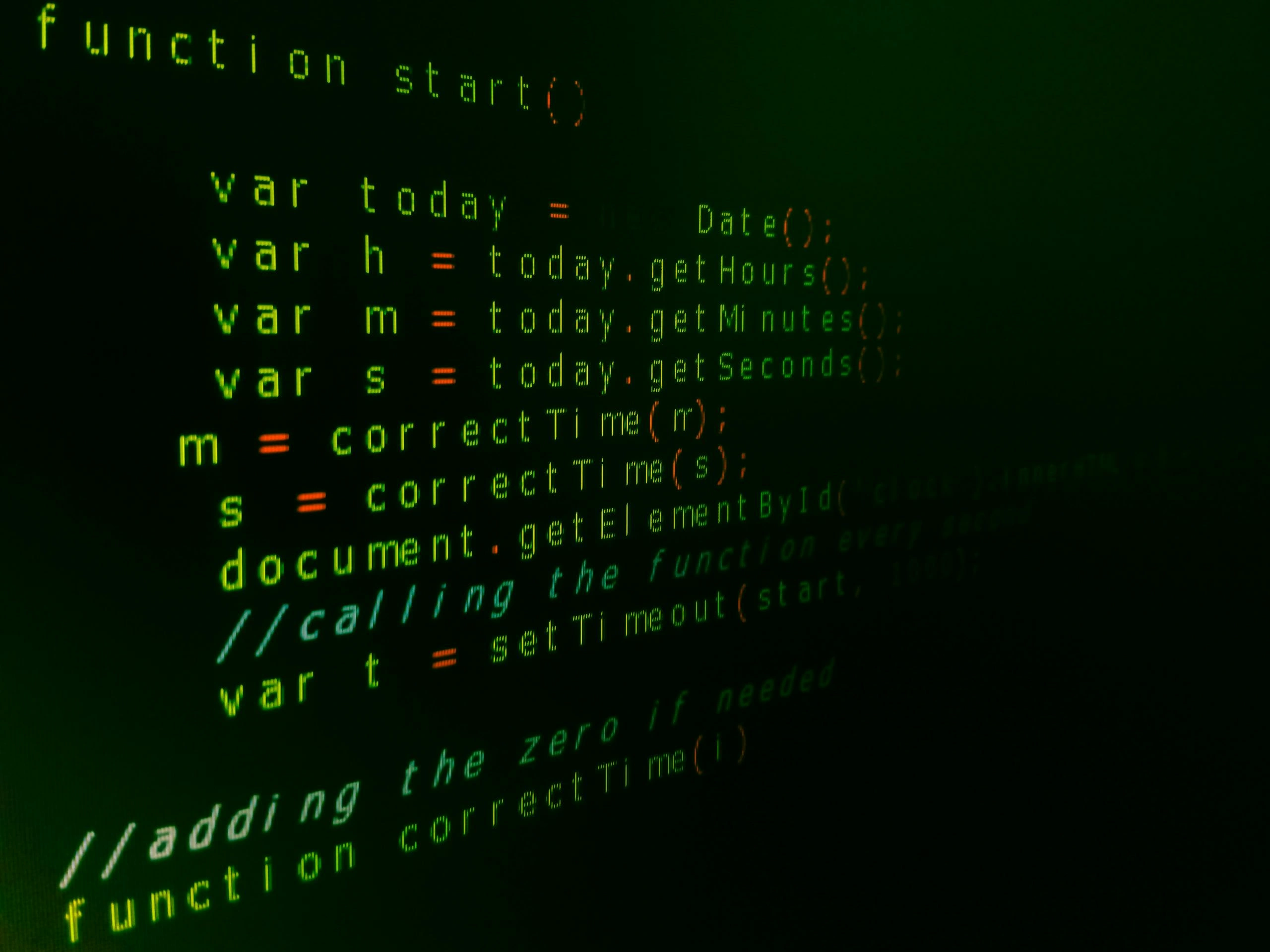OpenAI’s decision to implement age verification for its upcoming erotic chat feature in ChatGPT highlights significant privacy concerns. Users may need to upload government IDs, exposing personal data to potential hacks like those seen in previous breaches. California’s recent law mandates age checks for app downloads, resulting in a complex situation where the need for privacy clashes with regulatory intentions.
The situation becomes murkier as systems designed to protect minors could inadvertently create a massive digital ID framework, which has raised alarms. The existing incidents of data breaches underscore the risk involved in such verification processes. With hackers having the means to exploit defined checkpoints, the validation methods aiming to protect children could ironically facilitate mass identity theft rather than enhance online safety.
This discussion also illustrates the transition to a web where identification is the norm across various platforms, raising questions about anonymity online. The potential dangers of linked identities to various online activities will likely shape the future of digital interactions. As society grapples with these developments, it becomes essential to consider the implications of trade-offs made for perceived safety.
👉 Pročitaj original: Malware Bytes







